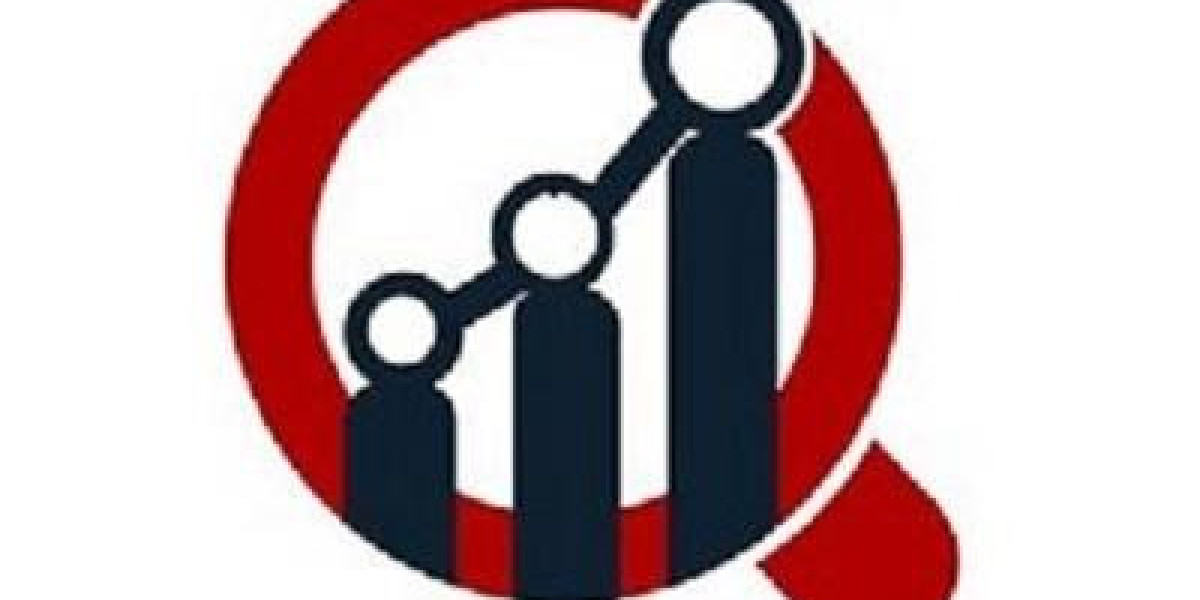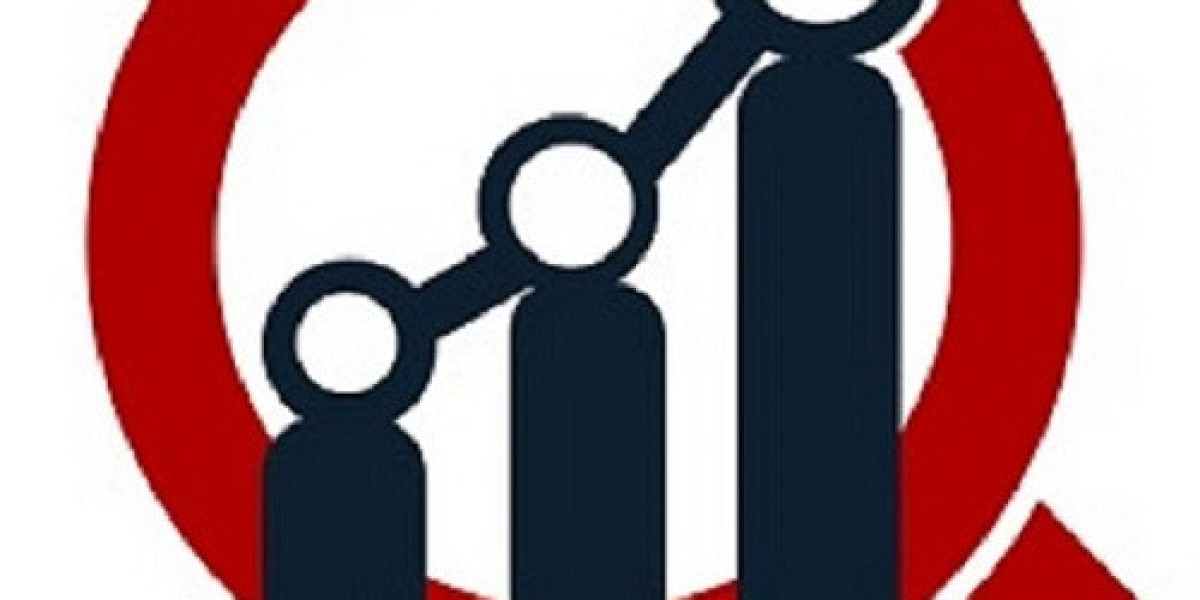As Per Market Research Future, the Bagging Machine Market is experiencing robust growth due to the increasing demand for efficient packaging solutions across various industries. Bagging machines are essential for automating the packaging process, enhancing productivity, and ensuring consistent quality. The rise in e-commerce and the need for bulk packaging solutions are driving market expansion. Additionally, advancements in technology, such as the integration of IoT and automation, are improving the efficiency and flexibility of bagging machines, making them vital for manufacturers aiming to optimize their operations.
The bagging machine market has experienced considerable expansion due to the rising demand for automated packaging solutions across various industries. Bagging machines are essential equipment used for filling and sealing products into bags or pouches, ensuring product protection, hygiene, and ease of handling. These machines are widely utilized in food processing, pharmaceuticals, chemicals, agriculture, and consumer goods industries. The increasing emphasis on efficiency, speed, and accuracy in packaging operations has significantly influenced the adoption of advanced bagging machines.
Market Dynamics
The market growth is primarily driven by the need for automation in packaging processes. Companies are focusing on improving packaging speed, accuracy, and consistency while reducing labor costs. Modern bagging machines incorporate features such as multi-head weighing, touch screen controls, and robotics integration. The surge in e-commerce and retail sectors has further accelerated demand for high-performance bagging machines capable of handling diverse products and materials. Moreover, sustainability initiatives are pushing manufacturers to adopt machines compatible with recyclable and biodegradable packaging materials.
Applications Across Industries
Bagging machines find applications across multiple industries. In the food sector, they are used for packaging grains, snacks, powdered products, and frozen items, ensuring safety and shelf-life extension. The pharmaceutical industry leverages automated bagging for packaging pills, capsules, and medicinal powders, maintaining precision and hygiene standards. Agricultural products, such as seeds, fertilizers, and animal feed, are efficiently packed using industrial bagging machines. Additionally, chemicals and construction materials like cement, powders, and granules require bagging machines for secure handling and transportation.
Regional Insights
Geographically, the bagging machine market is highly diverse. North America and Europe are key markets due to the high adoption of automation and the presence of established food and pharmaceutical industries. Asia-Pacific shows significant growth, fueled by expanding manufacturing capabilities, urbanization, and rising consumer demand. Emerging markets in Latin America and the Middle East are gradually adopting automated bagging solutions, creating new opportunities for manufacturers. The regional demand is closely linked to industrial growth, technological advancements, and packaging regulations.
Key Market Trends
Technological innovations are shaping the bagging machine industry. Automation, robotics, and IoT-enabled machines are enhancing operational efficiency and monitoring. Multi-functional machines capable of handling different bag types and materials are gaining popularity. Additionally, demand for hygienic and dust-proof bagging machines is increasing in food and pharmaceutical sectors. Companies are also exploring energy-efficient solutions to reduce operational costs and environmental impact, aligning with global sustainability trends.
Challenges in the Market
Despite the growth prospects, challenges such as high initial investment, complex maintenance, and the need for skilled operators may limit adoption, particularly in small-scale industries. Fluctuating raw material prices for packaging materials can impact overall production costs. Moreover, the need for customization to cater to diverse product types can complicate machine design and increase manufacturing costs. Addressing these challenges requires continuous innovation, training, and investment in versatile solutions.
Future Outlook
The bagging machine market is poised for steady growth in the coming years. Increasing industrial automation, expansion in food, pharmaceutical, and e-commerce sectors, and rising adoption of sustainable packaging solutions will drive demand. Manufacturers focusing on innovative, versatile, and cost-effective bagging solutions are likely to gain a competitive edge. As industries prioritize efficiency, precision, and hygiene, the role of advanced bagging machines in modern packaging operations will continue to grow.
Short FAQs
Q1: Which industries commonly use bagging machines?
A1: Food processing, pharmaceuticals, chemicals, agriculture, and consumer goods industries.
Q2: What are the main benefits of automated bagging machines?
A2: Increased efficiency, accuracy, hygiene, and reduced labor costs.
Q3: Which regions show significant growth in bagging machine adoption?
A3: Asia-Pacific shows rapid growth, while North America and Europe maintain steady demand.
More Related Reports:








